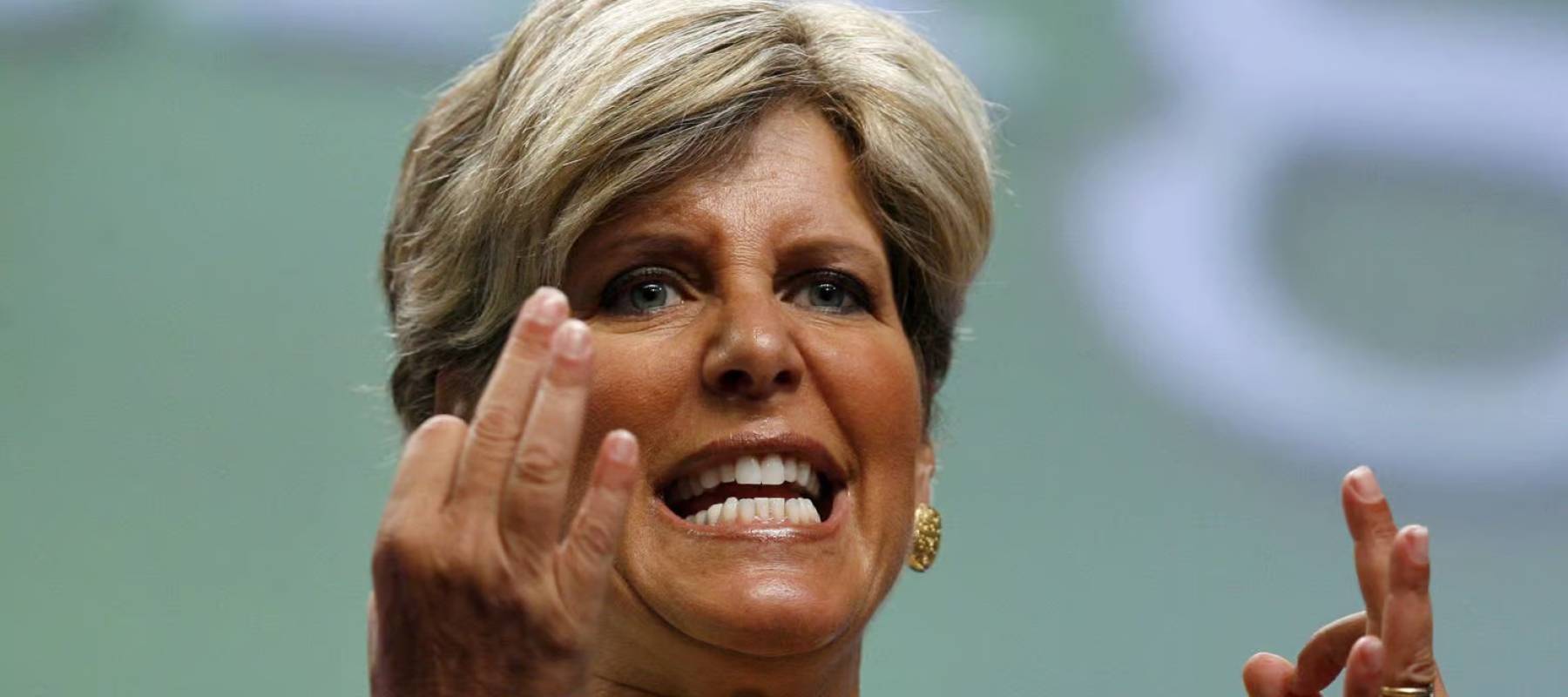Eat those leftovers
With inflation now at a whopping 7.7 per cent, the average family of four is expected to have to pay $966 more for groceries this year, according to the most recent Canada’s Food Price Report.
And millions of households across the country are already feeling the pinch, with 23 per cent telling Food Banks Canada in a recent survey that they’re eating less than they believe they should because there isn’t enough money for food. And that number balloons to 40 per cent for low-income earners, 43 per cent for Indigenous families, and 45 per cent for Black households.
There’s nothing consumers can do about the supply chain disruptions, labour market issues or bad weather that are driving up the costs.
However, there are some ways to reduce inflation’s effects on your budget.
“I’m really working with my clients closely to implement planning to address the stress that they’re facing,” says Hiscock.
One easy win she has identified with her clients is to reduce their food waste. She points to research from Second Harvest that puts the annual cost of avoidable food waste — such as letting leftovers spoil — in Canada at $1,766 per household.
Hiscock’s solution? Meal planning.
“There are so many free weekly meal plans online and they'll often have rebated ingredients and shopping lists, which can save you a lot of money,” she says.
Buying in bulk and freezing what you don’t need right away can also help reduce your household’s food waste, she adds.
Empower Your Investments with Q Trade
Discover Q Trade's award-winning platform and take control of your financial future. With user-friendly tools, expert insights, and low fees, investing has never been easier.
Start Trading TodayUpdate your budget
Another great planning tool is having a monthly budget, says Raphael Ambrozewicz, a financial advisor and personal financial planner with Vancouver’s BlueShore Financial.
Budgets are an incredibly effective tool. People who don’t use a budget are twice as likely to fall behind on their financial commitments regardless of income level, according to research from the Financial Consumer Agency of Canada.
And the research shows budgeting is an important step to increasing your financial well-being, confidence and sense of control over your finances.
Even for those who already have a budget in place, Ambrozewicz suggests reviewing it every three to six months — especially if your income or expenses have changed.
“Even in my household, in which we feel financially comfortable, we had to sit down and revisit what makes sense,” says Ambrozewicz.
When it comes to budgeting, he recommends you first take a look back at your last three months of spending habits and take note of trends. Ambrozewicz says even if you’re working with a financial professional, it’s important to be engaged in this process.
“It's our job as investment specialists to grow your money,” says Ambrozewicz. “It's OK to outsource certain levels of money management to professionals, but I strongly encourage my clients to be involved.”
“You're part of the equation — you’re the ATM that prints the money; you should also know where it goes.”
Cut back on unnecessary spending
After coming up with your budget, Hiscock would urge consumers to assess whether you’re getting your money’s worth on all your recurring expenses.
“Another place that I'm really finding people are sort of bleeding money right now is they signed up for a whole bunch of subscriptions during the pandemic … and all these things they're no longer using, but they're still paying for,” she says.
Streaming services are a great potential opportunity to streamline your budget. About 61 per cent of Canadians have at least one streaming service subscription, according to Finder.com.
And a recent American study showed that, on average, consumers underestimate their streaming spending by $133 a month. With most subscriptions set up on autopay (not just for streaming), 74 per cent of respondents said it’s easy to forget about those recurring expenses.
Ultimately, Hiscock says if your finances are causing you stress, the best thing to do is tackle it head-on. Avoidance only makes these situations worse.
“The reality is, if we don't know about something, we can't change it,” says Hiscock. “And so we can continue to fly blindly through life and not know what we're spending and have all of this underlying stress in the background that is sort of undefined.”
And she emphasizes that taking control of your finances doesn’t mean you have to live like a monk — it’s about finding a balance that keeps you on track but leaves some room for fun.
“That's where the good life lies,” says Hiscock. “And that's the hardest place to be.”
Sponsored
Trade Smarter, Today
With CIBC Investor's Edge, kick-start your portfolio with 100 free trades and up to $4,500 cash back.







